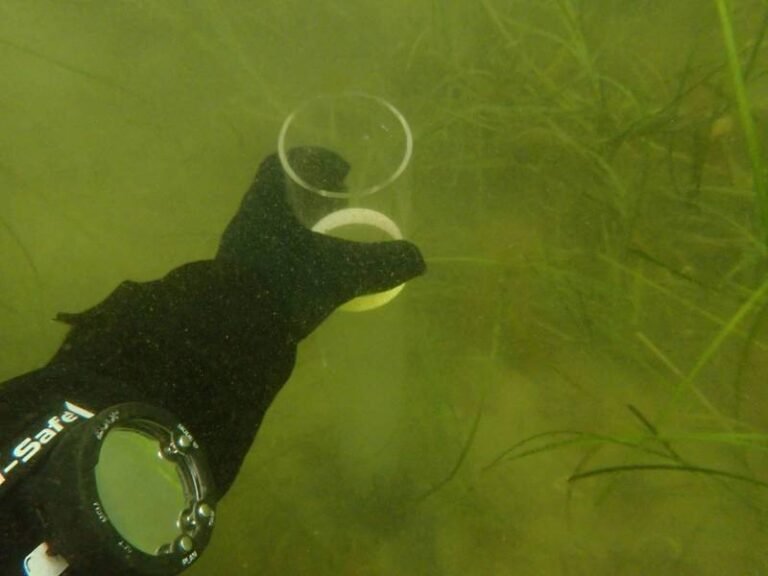The Impact of Bottom Trawling on Carbon Emissions in the Baltic Sea
When bottom trawls are dragged across the seafloor, they stir up sediments. This not only releases previously stored organic carbon but also intensifies the oxidation of pyrite, a mineral present in marine sediments, leading to additional emissions of carbon dioxide (CO2).
A recent study conducted by the GEOMAR Helmholtz Centre for Ocean Research Kiel sheds light on the geochemical consequences of sediment resuspension in the Baltic Sea. The researchers analyzed sediment samples from Kiel Bight and found that fine-grained sediments, crucial for CO2 storage, are at risk due to trawling activities.
Understanding the Process
Lead author Habeeb Thanveer Kalapurakkal, a PhD student at GEOMAR, explains, “Fine-grained, muddy sediments are important reservoirs of organic carbon and pyrite. Previous studies focused on organic carbon oxidation as the main source of CO2 release during sediment resuspension. However, our research reveals that pyrite oxidation plays a significant role.”
The team conducted sediment slurry incubations in the laboratory using samples from different sediment types in Kiel Bight. By simulating oxygen-rich and oxygen-poor conditions, they monitored changes in key chemical parameters to understand the impact of sediment resuspension on the carbon cycle.
The Findings
The results indicate that sediment resuspension leads to higher CO2 emissions than previously estimated, primarily due to pyrite oxidation. When disturbed, pyrite reacts with oxygen to produce acid, converting bicarbonate into CO2. This process not only affects the local carbon cycle but also reduces the region’s CO2 uptake capacity.
Modeling results suggest that sediment resuspension can temporarily shift the seafloor from a carbon sink to a carbon source, potentially contributing to increased CO2 emissions in the atmosphere.
Protecting Fine-Grained Sediments
Given the importance of fine-grained sediments in carbon storage, the researchers emphasize the need to protect these areas in the Baltic Sea. By understanding the mechanisms behind CO2 emissions from sediment resuspension, policymakers can implement strategies to mitigate the impact of bottom trawling on marine ecosystems.
Overall, the study highlights the intricate relationship between sediment dynamics, carbon cycling, and climate change in marine environments. By addressing these issues, we can work towards sustainable management practices that preserve the delicate balance of our oceans.

